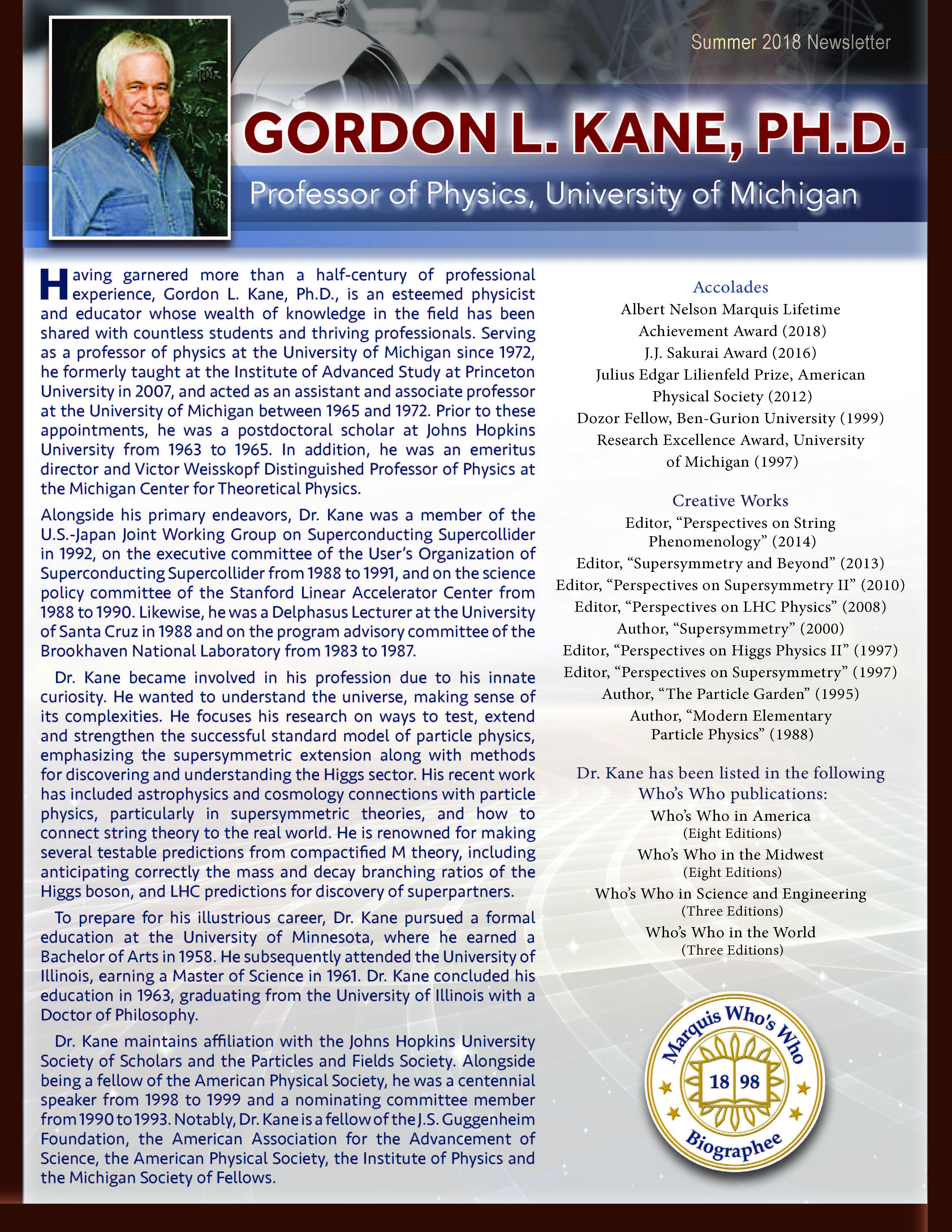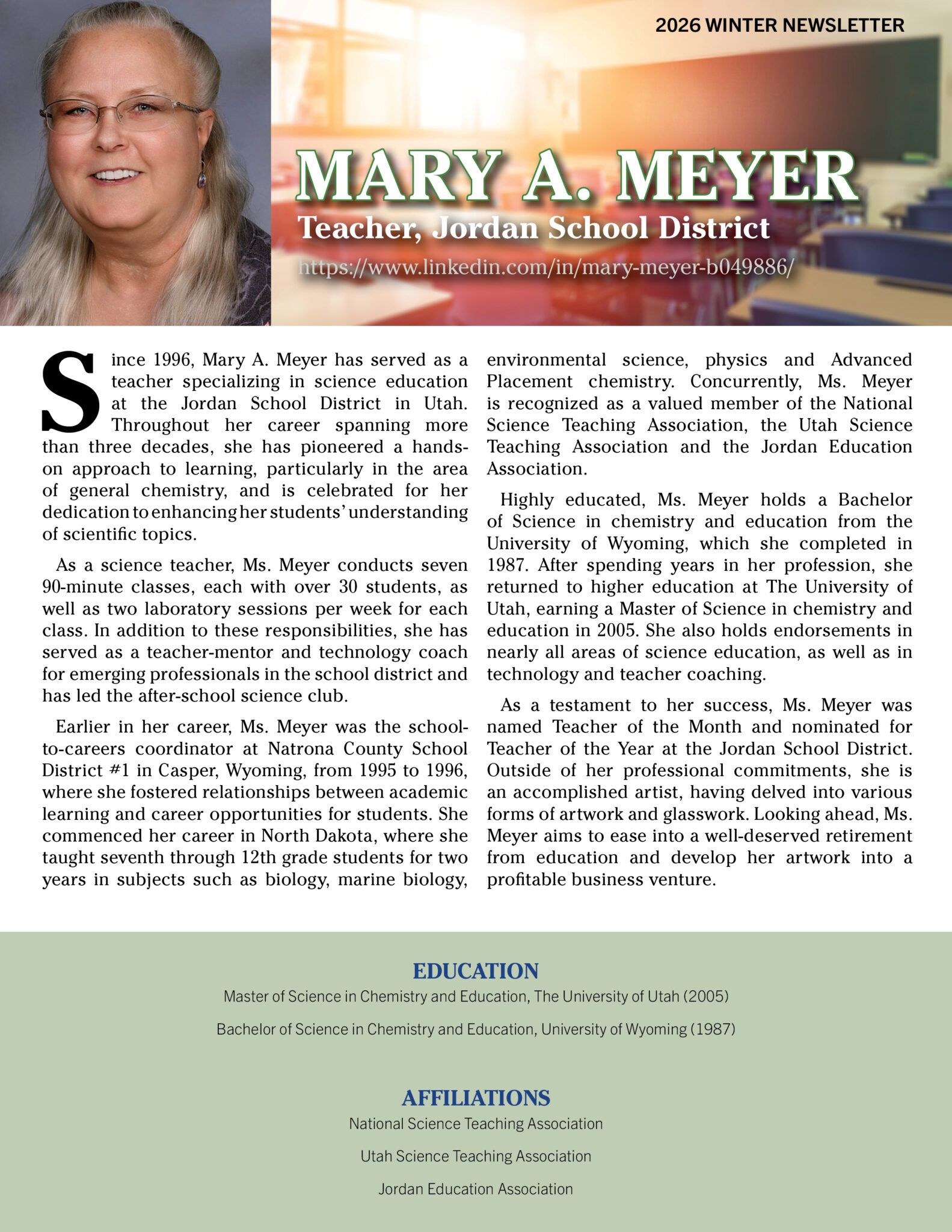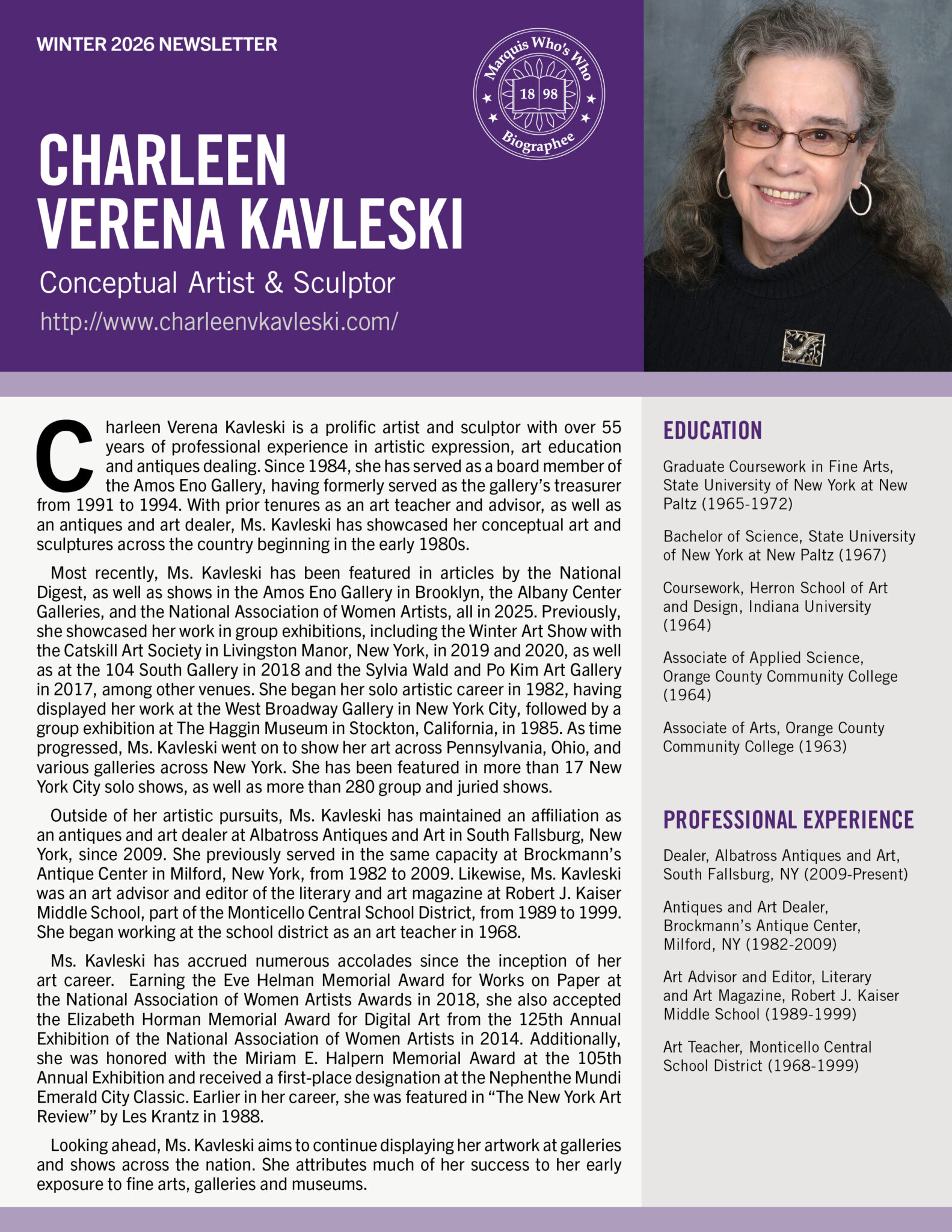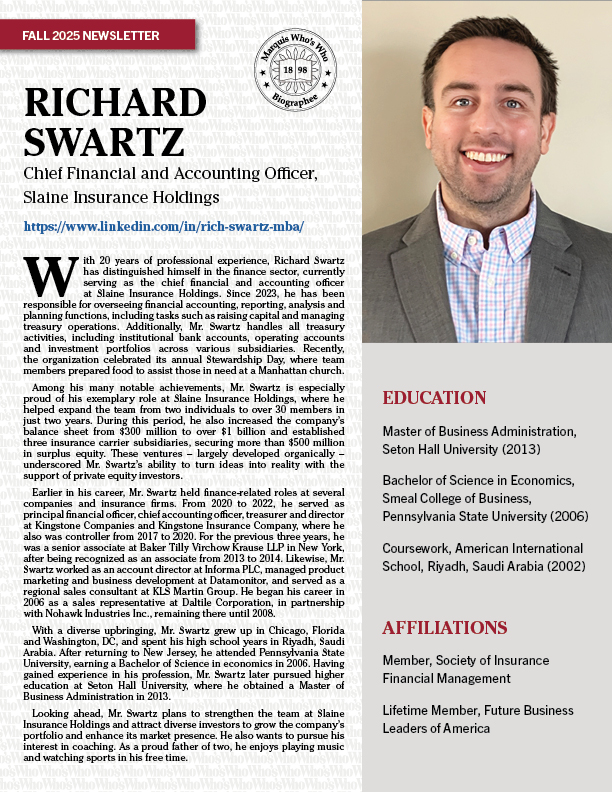
Having garnered more than a half-century of professional experience, Gordon L. Kane, Ph.D., is an esteemed physicist and educator whose wealth of knowledge in the field has been shared with countless students and thriving professionals. Serving as a professor of physics at the University of Michigan since 1972, he formerly taught at the Institute of Advanced Study at Princeton University in 2007, and acted as an assistant and associate professor at the University of Michigan between 1965 and 1972. Prior to these appointments, he was a postdoctoral scholar at Johns Hopkins University from 1963 to 1965. In addition, he was an emeritus director and Victor Weisskopf Distinguished Professor of Physics at the Michigan Center for Theoretical Physics.
Alongside his primary endeavors, Dr. Kane was a member of the U.S.-Japan Joint Working Group on Superconducting Supercollider in 1992, on the executive committee of the User’s Organization of Superconducting Supercollider from 1988 to 1991, and on the science policy committee of the Stanford Linear Accelerator Center from 1988 to 1990. Likewise, he was a Delphasus Lecturer at the University of Santa Cruz in 1988 and on the program advisory committee of the Brookhaven National Laboratory from 1983 to 1987.
Dr. Kane became involved in his profession due to his innate curiosity. He wanted to understand the universe, making sense of its complexities. He focuses his research on ways to test, extend and strengthen the successful standard model of particle physics, emphasizing the supersymmetric extension along with methods for discovering and understanding the Higgs sector. His recent work has included astrophysics and cosmology connections with particle physics, particularly in supersymmetric theories, and how to connect string theory to the real world. He is renowned for making several testable predictions from compactified M theory, including anticipating correctly the mass and decay branching ratios of the Higgs boson, and LHC predictions for discovery of superpartners.
To prepare for his illustrious career, Dr. Kane pursued a formal education at the University of Minnesota, where he earned a Bachelor of Arts in 1958. He subsequently attended the University of Illinois, earning a Master of Science in 1961. Dr. Kane concluded his education in 1963, graduating from the University of Illinois with a Doctor of Philosophy.
Dr. Kane maintains affiliation with the Johns Hopkins University Society of Scholars and the Particles and Fields Society. Alongside being a fellow of the American Physical Society, he was a centennial speaker from 1998 to 1999 and a nominating committee member from 1990 to 1993. Notably, Dr. Kane is a fellow of the J.S. Guggenheim Foundation, the American Association for the Advancement of Science, the American Physical Society, the Institute of Physics and the Michigan Society of Fellows.
Contact Dr. Kane:


